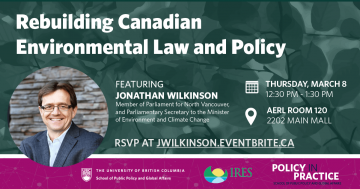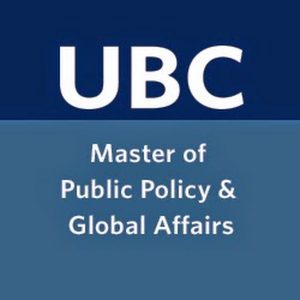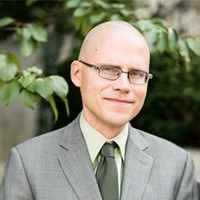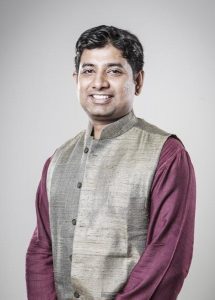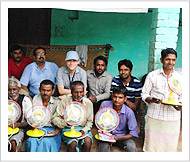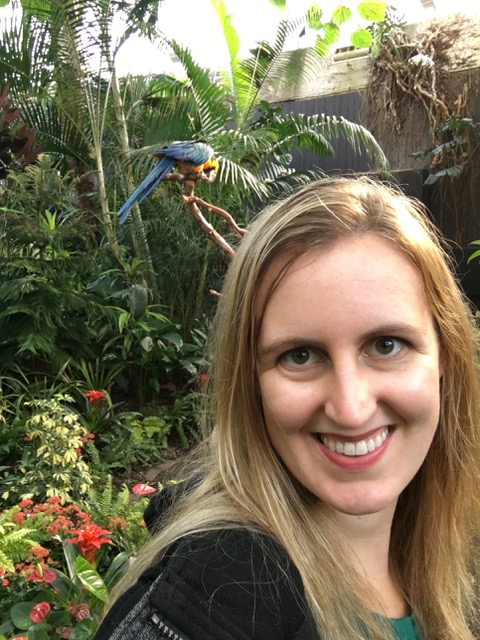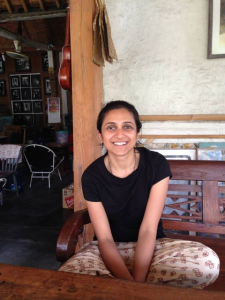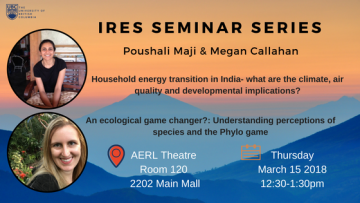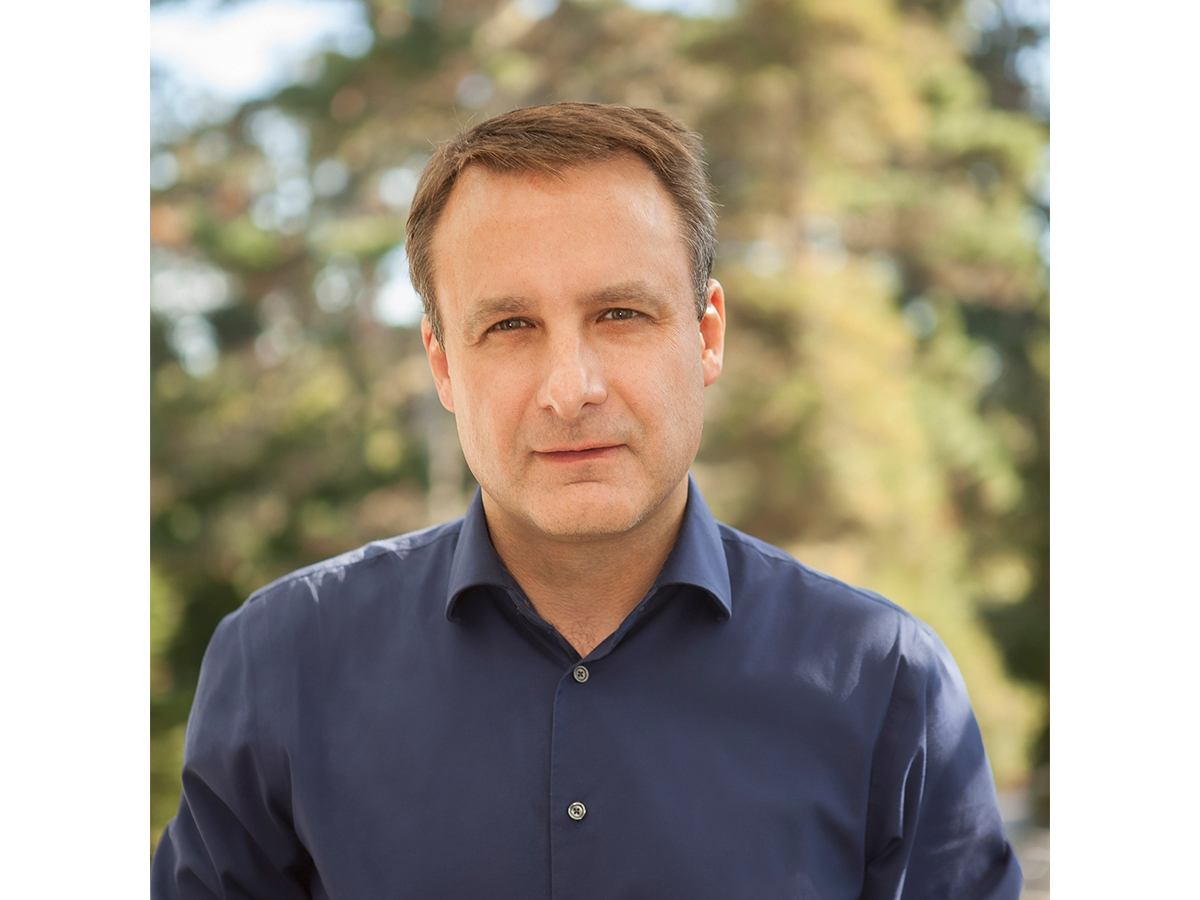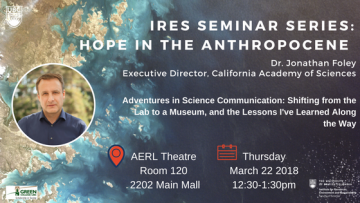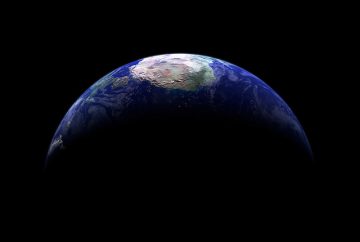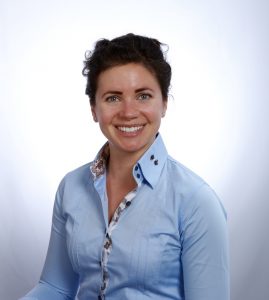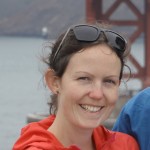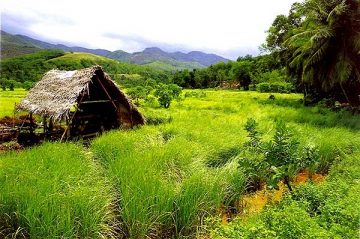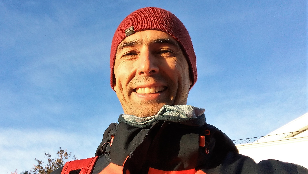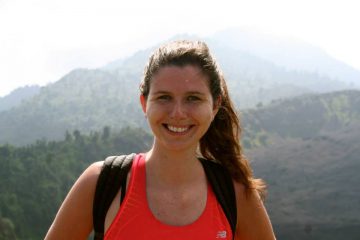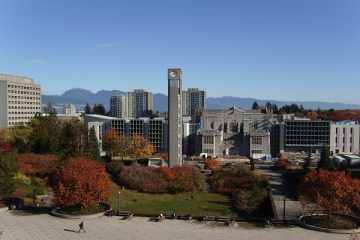Location: Coach House, UBC Green College
Address: 6201 Cecil Green Park Road
Date: Wednesday, January 17th 2018
Time: 5pm
Participatory Science, Public Discourse, and Hope for Solving Wicked Environmental Problems
Thomas D. Sisk, Landscape Conservation Initiative, Northern Arizona University, and
Wendy J. Palen, Earth to Ocean Research Group, Simon Fraser University
Abstract:
Hope for the future of wildlife and biodiversity does not come from an examination of data, which show elevated rates of habitat loss and extinction worldwide. Nor is it justified by social trends, which continue to prioritize many issues above the environment, while downplaying science. Our work shows how participation in science can lead to deeper engagement in complex policy challenges, more rational public discourse, and – eventually – better decisions and outcomes. This process is slow, but can be catalyzed by effective collaboration. We provide examples of how involvement in science-based decision processes, which are dependent on community as much as objective fact or overt leadership, is a source of hope for many, and how increasing opportunities for transformative engagement brings hope for the future of biodiversity.
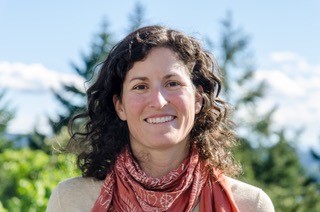
Wendy J. Palen
Dr. Palen is an Associate Professor of Biological Sciences at Simon Fraser University, where her research focuses on identifying science-based conservation solutions for freshwater and terrestrial ecosystems in the Pacific Northwest and Western Canada. Current projects integrate population dynamics, food web ecology, and risk assessment for species at risk, as well as leverage diverse stakeholder groups on renewable energy and unconventional oil and gas development. Dr. Palen is a founding member of the Earth to Ocean Research Group at SFU, a unique training environment that promotes collaboration, communication, and outreach directly with conservation practitioners and natural resource managers. Dr. Palen helped create the Liber Ero Postdoctoral Fellowship in conservation science, and serves as the program’s Assistant Director. She also serves as Chair for the Board of Directors for the non-profit Evidence for Democracy, Canada’s only science advocacy organization.
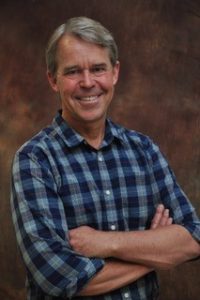
Thomas D. Sisk is the Olajos-Goslow Professor of Environmental Science and Policy at Northern Arizona University, where he directs the Landscape Conservation Initiative. Tom and his research group have pioneered landscape-level analyses of biodiversity and collaborative approaches for engaging diverse voices in conservation planning. Tom and his colleagues work to improve policy and on-the-ground outcomes by delivering rigorous science to participatory processes, leveraging field research, remote sensing, and spatial and statistical modeling. Tom holds a Ph.D. in biological sciences from Stanford University, served as Special Assistant for Science to the Director of the National Biological Service, and is a founding board member of Conservation Science Partners. His career is dedicated to training the next generation of conservation leaders, who are diversifying the conservation profession and developing novel career pathways for protecting biodiversity during this period of rapid environmental change.
Click here for more details: https://www.greencollege.ubc.ca/civicrm/event/info?reset=1&id=745
-
Thomas will also be speaking on Thursday, January 18th 2018 in the IRES Seminar Series. Click here for more details.

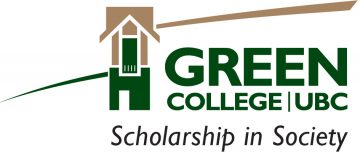
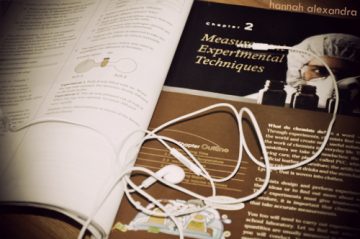
Photo Credit: Hannah Alexandra from flickr/ Creative Commons
